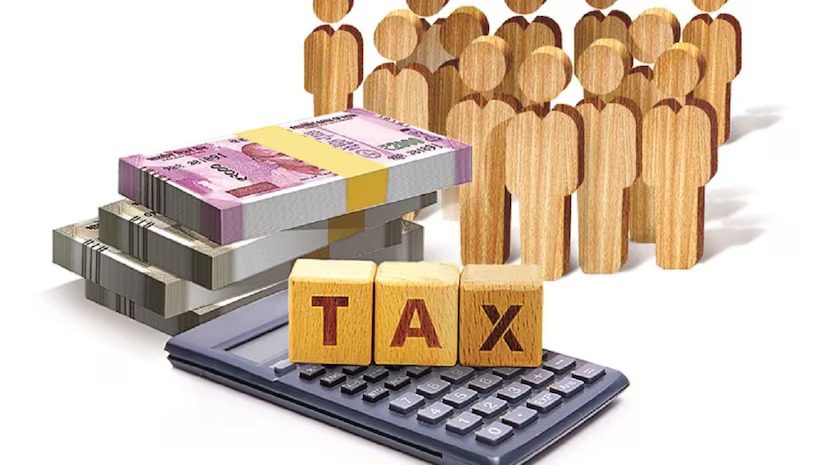The High Court of Bombay passed a judgement on 04 May 2023, addressing the validity of a reassessment notice issued by the Income Tax Department. The petitioner sought to challenge the notice, which proposed to reopen the assessment for the Assessment Year 2014-15. The case of CHANCHAL BHAGWATILAL GOKHRU VS. UNION OF INDIA & ANR. IN WRIT PETITION NO. 2014 OF 2022 which was passed by the division bench comprising of HONOURABLE SHRI JUSTICE DHIRAJ SINGH THAKUR & HONOURABLE JUSTICE G. S. KULKARNI, KAMAL KHATA.
Facts
The petitioner had filed her income tax return for AY 2014-15 on 28th July 2014. The Assessing Officer (AO) subsequently passed an order under section 143(3) of the Income Tax Act, 1961, on 18th November 2016. This order added a specific amount to the petitioner’s total income based on the withdrawal of exemption claimed under section 10(38) of the Act. The petitioner paid the tax on the additional amount as directed by the AO. Furthermore, the petitioner was granted a waiver of penalty for AY 2014-15 on 31st January 2018, based on an application made under section 273A of the Act.
However, to the petitioner’s surprise, a notice under section 148 of the Act was issued on 26th March 2021, proposing to reopen the assessment for AY 2014-15. This notice was issued after a significant gap of four years. In response, the petitioner filed a return of income on 14th April 2021, followed by notices under sections 143(2) and 142(1) on 10th November 2021 and 15th November 2021, respectively. The petitioner provided the requested details and expressed objections to the reassessment through a communication dated 28th January 2022. The objections were disposed of on 11th February 2022. Another notice was issued on 25th February 2022, leading to the filing of the present petition.
Judgment
The court meticulously examined the reasons recorded by the AO for reopening the assessment. The AO primarily relied on the claim made by the petitioner regarding the purchase and sale of shares of penny stock scrips. The AO concluded that the long-term capital gain should be considered as unexplained investment/income from other sources rather than a capital gain, suggesting that the transactions were merely an accommodation entry designed to generate unexplained investment and bogus profits.
However, the court found no indication of the petitioner’s failure to disclose any material facts. It noted that the AO had already considered these transactions during the original assessment proceedings and had added the corresponding amount to the petitioner’s total income. The petitioner had duly paid the tax on this additional income. The court, therefore, found no substance in the AO’s claim that income chargeable to tax had escaped assessment. It emphasized that the mere change of opinion regarding the calculation of tax payable did not provide a valid basis for reopening the assessment. The court reiterated the well-established principle that reassessment proceedings require fresh “tangible material” to justify their validity.
Considering the settled legal position and the facts of the case, the court delivered the following order:
The impugned notice dated 26th March 2021, issued by Respondent No. 2 for AY 2014-15, was quashed, and set aside. All actions taken in furtherance of the notice were prohibited.
“PRIME LEGAL is a full-service law firm that has won a National Award and has more than 20 years of experience in an array of sectors and practice areas. Prime legal fall into a category of best law firm, best lawyer, best family lawyer, best divorce lawyer, best divorce law firm, best criminal lawyer, best criminal law firm, best consumer lawyer, best civil lawyer.”
JUDGEMENT REVIEWED BY VETHIKA D PORWAL, BMS COLLEGE OF LAW


